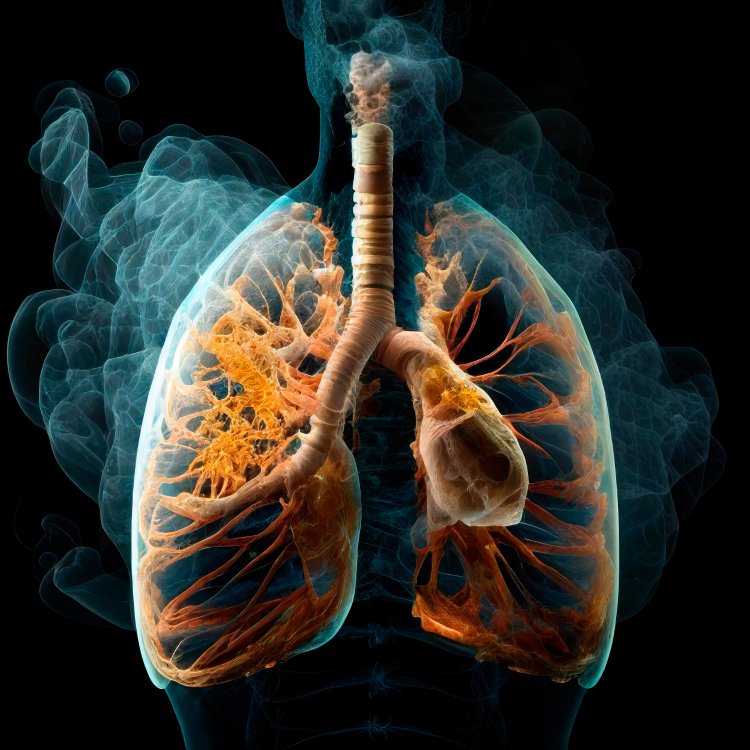Legionnaires' Disease and Public Health: Challenges and Solutions
Legionnaires' disease, named after its discovery during an outbreak at an American Legion convention in 1976, is a severe form of pneumonia caused by the bacterium Legionella pneumophila. Since its identification, this disease has been recognized as a significant public health concern globally, with outbreaks occurring sporadically in various settings.

Causes and Transmission
Legionella pneumophila is a gram-negative bacterium that thrives in aquatic environments, particularly in warm water sources such as hot water tanks, plumbing systems, cooling towers, and decorative fountains. The bacteria multiply in water and are spread through inhalation of aerosolized droplets containing Legionella. Importantly, Legionnaires' disease is not transmitted from person to person.
Symptoms
The incubation period for Legionnaires' disease is typically 2 to 10 days after exposure to Legionella. Symptoms often begin with non-specific signs such as fever (which can be high, exceeding 104°F or 40°C), chills, headache, and muscle pain. Respiratory symptoms develop as pneumonia progresses, including cough (which may produce mucus or blood), shortness of breath, and chest pain. Additional symptoms may include gastrointestinal issues like nausea, vomiting, and diarrhea, as well as confusion or other mental changes.
Risk Factors
Certain individuals are at higher risk of developing severe Legionnaires' disease:
- Age: People over 50 years old are more susceptible.
- Smoking: Current or former smokers.
- Underlying health conditions: Such as chronic lung diseases (e.g., COPD), diabetes mellitus, cancer, or conditions that weaken the immune system (e.g., HIV/AIDS).
- Immunosuppressive therapy: Including chemotherapy or corticosteroid treatment.
Diagnosis
Diagnosing Legionnaires' disease involves a combination of clinical evaluation, laboratory tests, and imaging studies:
- Laboratory tests: Urine antigen testing is rapid and effective for detecting Legionella antigens. Culture of respiratory secretions (sputum, bronchoalveolar lavage) can confirm the presence of the bacteria.
- Imaging: Chest X-rays typically show infiltrates consistent with pneumonia.
- Other tests: Blood cultures and serological tests may support the diagnosis.
Treatment
Prompt initiation of appropriate antibiotics is crucial for treating Legionnaires' disease:
- First-line antibiotics: Fluoroquinolones (e.g., levofloxacin) or macrolides (e.g., azithromycin) are commonly used.
- Hospitalization: Most patients require hospital admission for close monitoring and intravenous antibiotics.
- Severe cases: Intensive care support, including mechanical ventilation, may be necessary.
Prevention
Preventing Legionnaires' disease focuses on controlling Legionella growth and reducing exposure:
- Water management: Regular cleaning and disinfection of water systems, maintaining water temperatures outside the optimal range for bacterial growth.
- Building design: Ensuring proper design and maintenance of plumbing systems, cooling towers, and other water systems to minimize Legionella contamination.
- Public health measures: Educating healthcare providers, facility managers, and the public about the risks and preventive measures.
In conclusion, Legionnaires' disease remains a serious public health issue, but with early recognition, appropriate treatment, and effective preventive measures, its impact can be minimized. Continued vigilance in monitoring water systems and implementing comprehensive control measures are essential to prevent outbreaks and protect vulnerable populations from this potentially life-threatening infection.
Disclaimer
The information provided in this article is for educational purposes only and should not be considered medical advice. If you have any health concerns or are experiencing symptoms, it is important to consult with a healthcare professional, such as a doctor or clinic, for proper diagnosis and treatment. Always seek the advice of your doctor or other qualified health provider with any questions you may have regarding a medical condition. Do not disregard professional medical advice or delay in seeking it because of something you have read in this article.
#LegionnairesDisease #Health #Prevention #MedicalAdvice #WaterSafety
What's Your Reaction?





















